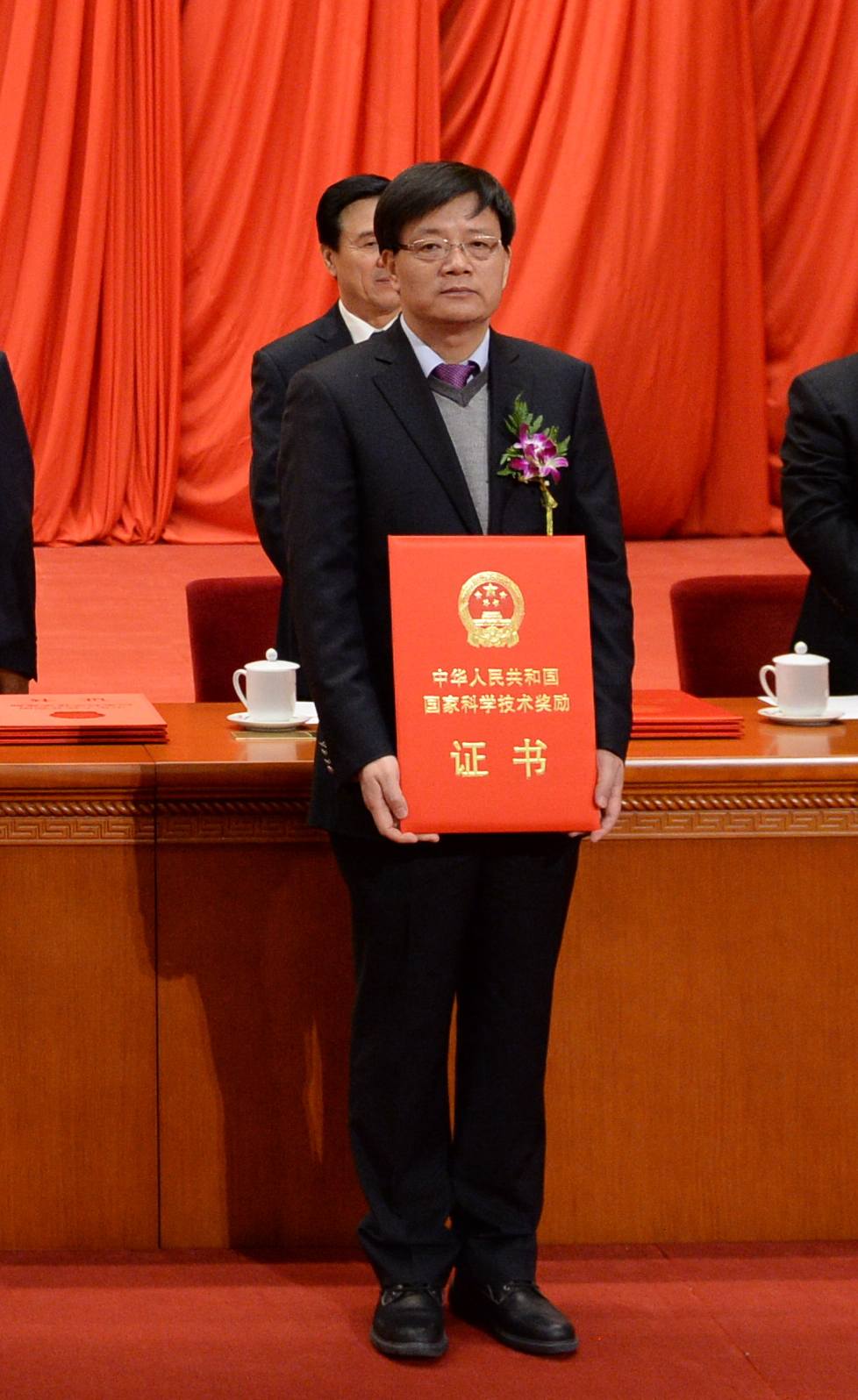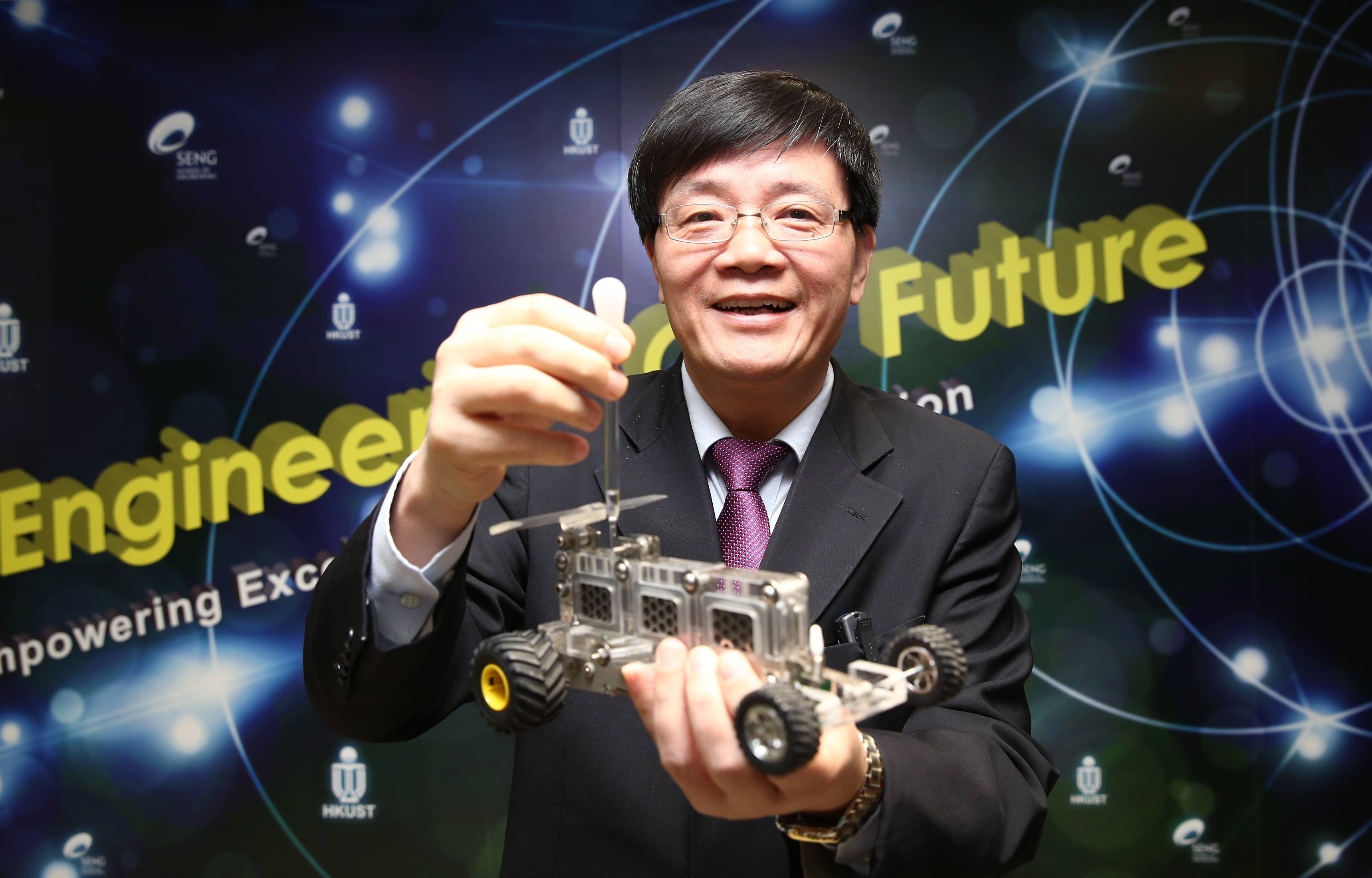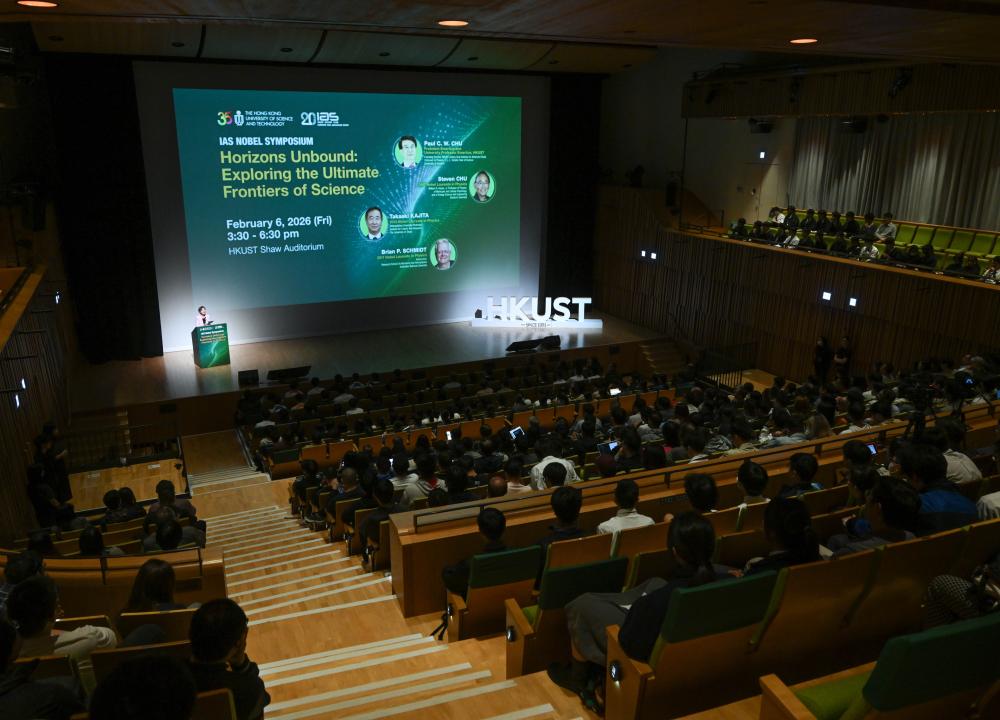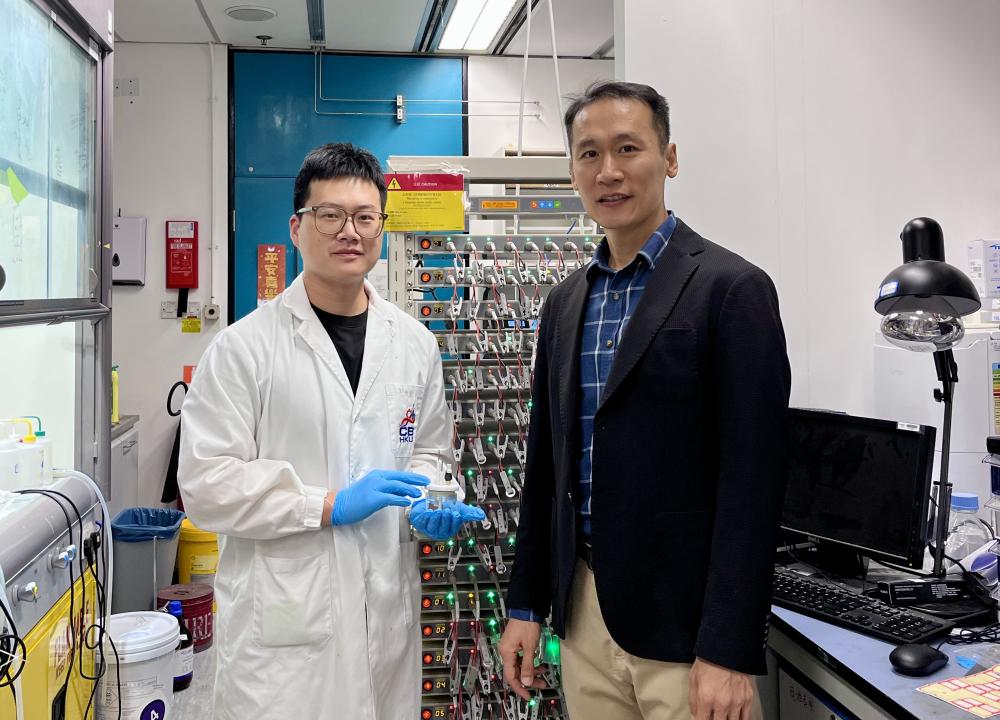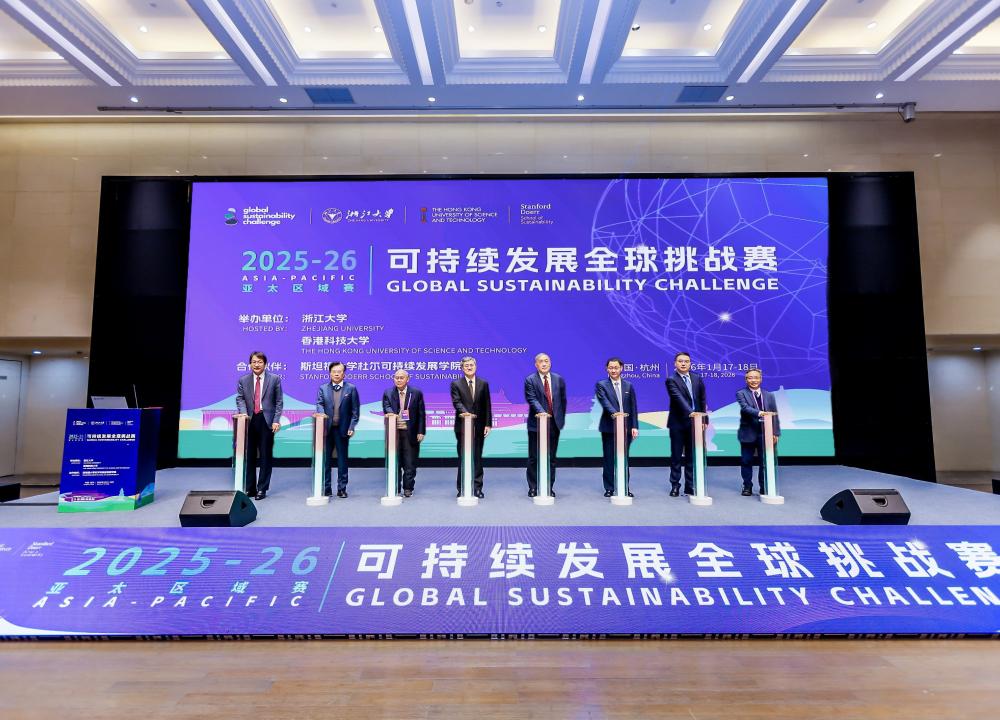HKUST Scholars Win State Natural Science Awards for High-Performance Alcohol Fuel Cell and Transition Metal-based Monodispersed Nanomaterials Research
Prof Tianshou Zhao, Chair Professor in the Department of Mechanical and Aerospace Engineering and Director of HKUST Energy Institute, and his researchers have received one of the most prestigious awards in science and technology in China for the second consecutive year. Prof Zhao and his researchers received a 2013 State Natural Science Award (Second Class) from the State Council of the People’s Republic of China for their pioneering work on Direct Alcohol Fuel Cells (DAFC). Prof Shihe Yang from the Department of Chemistry and researchers from Beijing University of Aeronautics and Astronautics and Peking University were also awarded a State Natural Science Award (Second Class) for developing methodologies for synthesizing transition metal-based monodispersed nanomaterials.
Fuel cells offer an efficient and clean energy technology, which can be widely used in mobile phones, computers, automobiles, buildings, etc. In recent years, fuel cells have become a focus for research in the pursuit for new power generation devices that enable the efficient use of renewable energy sources. The electricity generation in fuel cells occurs in a microscopic and macroscopic trans-scaled complex system, and involves complex physical and chemical processes such as electron and proton transport, mass and heat transport and electrochemical reactions.
Prof Tianshou Zhao and his team have focused their research entitled “Characteristics of Coupled Multiphase Heat and Mass Transfer and Electrochemical Reactions in Fuel Cells” on the physical and chemical process of fuel cells, successfully revealing the underlying mechanism of coupled heat/mass energy transfer and electrochemical kinetics in fuel cells and establishing a new theoretical framework. Using this theoretical framework, the performance of Direct Methanol Fuel Cells (DMFC) has been raised six-fold and the performance of Direct Ethanol Fuel Cells (DEFC) has improved by four times. Prof Zhao’s research has made significant contributions to the creation of a new interdisciplinary field between thermo-fluid sciences and electrochemistry.
In addition, Prof Zhao’s project “Investigations of Multi-scale and Multi-physics Field Coupled Fluid Flow and Heat/Mass Transfer in Complex Systems”, carried out in collaboration with researchers from Xi’an Jiaotong University, received a State Natural Science Award (Second Class) in 2012. The project’s main breakthrough was the development of a multi-scale fluid flow and heat/mass transfer numerical method. This will be particularly important in improving energy efficiency and reducing greenhouse gas emissions of energy conversion systems.
The development of nanostructured materials represents a new and fast-evolving application of recent research in chemistry and physics. Prof Shihe Yang and researchers from Beijing University of Aeronautics and Astronautics and Peking University have developed methodologies for synthesizing monodispersed nanomaterials (such as nanoparticles, nanorods, nanowires and nanotubes) of transition metals and their oxides and compounds.
The research team has also realized the control of optical properties, achieved mechanistic understanding of magnetic response of the new materials, and opened new paths for building nanomaterials with novel structures and special properties. They have advanced the soft template wet chemical methods for nanomaterials synthesis and the synthetic methodology of ordered nanostructures; resolved the photoluminescence mechanism of polymer modified zinc oxide nanocrystals; provided guidelines and nanomaterials bases for device applications; and enriched and advanced the mesoscopic theory of quasi-one-dimensional iron-based nanomaterials.
The high surface-to-volume ratio and the tunable size effects of the unique nanostructures being developed by the team, together with the ability to assemble and surface functionalize the nanostructures, provide golden opportunities for designing next-generation solar cells and rechargeable lithium ion batteries with high efficiency, high stability, and of low cost.
For media enquiries, please feel free to contact :
Ella Au Yeung
Tel: 2358 6306
Email: ellaauyeung@ust.hk









